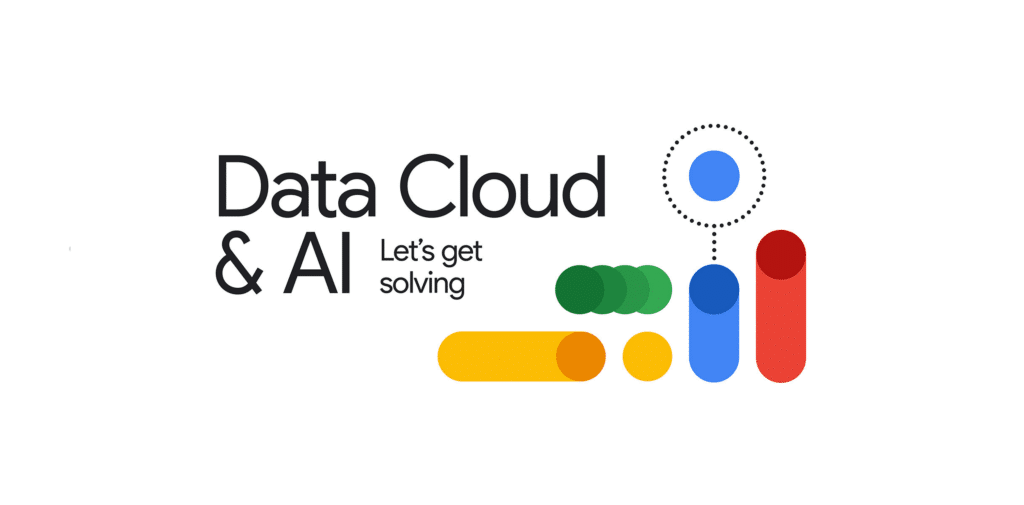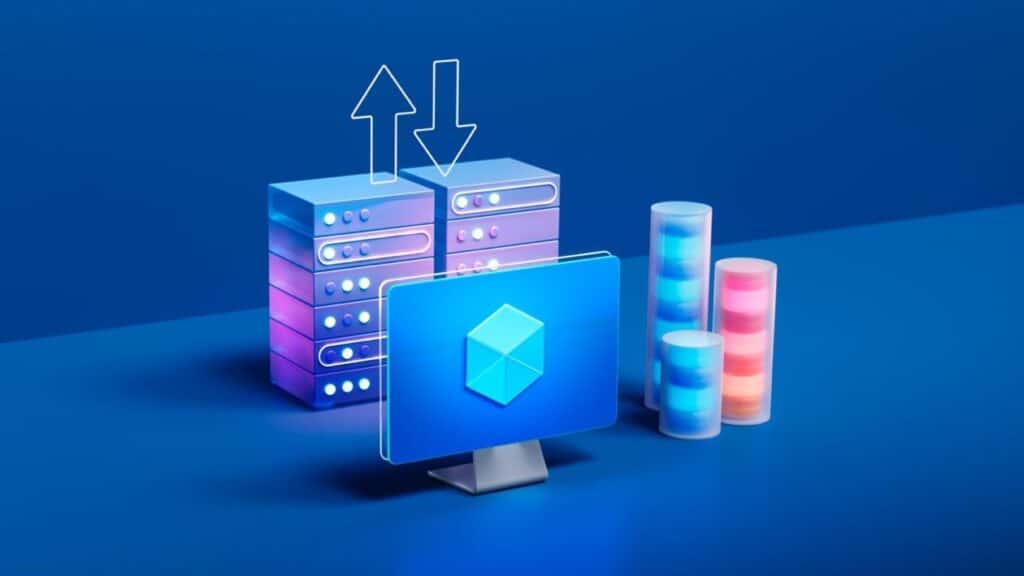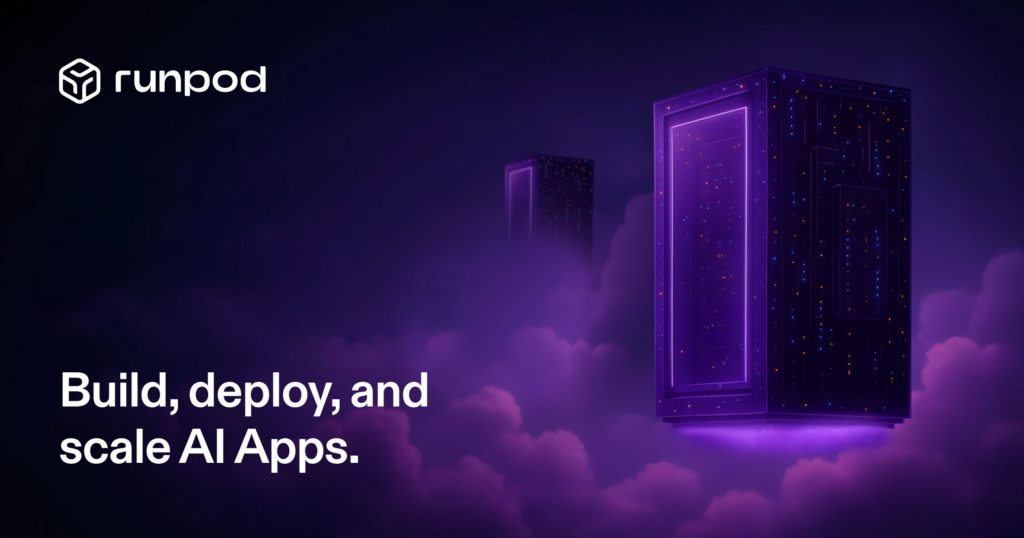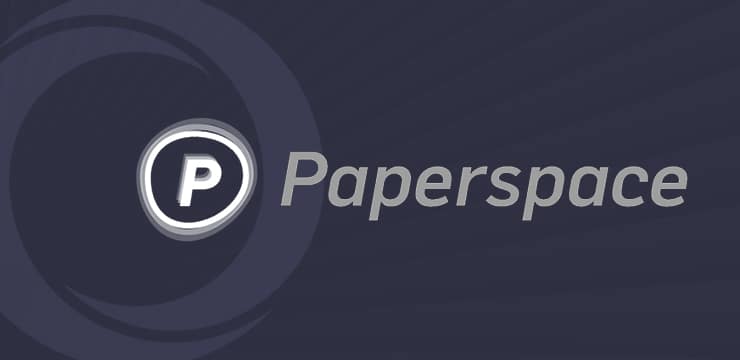
The rise of artificial intelligence has fueled a growing demand for robust, scalable, and affordable hosting solutions tailored to AI workloads. Whether you’re training machine learning models, deploying generative AI apps, or running data-heavy neural networks, your hosting provider plays a pivotal role in performance and project cost.
This article explores the best AI hosting platforms available in 2025, focusing on real-world performance, developer tools, and pricing. Whether you’re a startup working with LLMs or an enterprise team deploying AI at scale, you’ll find a hosting option that matches your needs.
Why AI Hosting is Different
Hosting AI applications is not the same as deploying a typical web server or eCommerce site. AI workloads require:
- High-performance GPUs or TPUs for training and inference
- Scalable infrastructure that handles burst compute demand
- Large memory and storage capacity for datasets and model checkpoints
- Fast networking to minimize latency
- Security and compliance to handle sensitive data
Choosing a provider that understands these demands is essential to avoid bottlenecks and overspending.
1. AWS (Amazon Web Services)
Why it stands out: AWS is still the gold standard for cloud-based AI workloads. It offers EC2 instances with NVIDIA A100 GPUs, access to SageMaker for managed model training, and a wide selection of ML tools and integrations.
- Best for: Enterprises and advanced ML teams
- Pros: Scalability, availability zones worldwide, strong ecosystem
- Cons: Pricing can spike without careful configuration
- Starts at: $1.50/hr for basic GPU instances; higher for A100s

2. Google Cloud Platform (GCP)
Why it stands out: Google brings unique advantages like TPU support and native TensorFlow optimization. GCP’s Vertex AI platform offers automated ML workflows, which is great for teams new to AI.
- Best for: TensorFlow users, research labs, and startups
- Pros: TPUs, AI-integrated tools, seamless GDrive + BigQuery access
- Cons: Smaller global network than AWS
- Starts at: $0.40/hr for TPU v2; more for newer versions

3. Microsoft Azure
Why it stands out: Azure’s AI offerings are tightly integrated with enterprise tools like Microsoft 365, Dynamics, and Azure DevOps. It also provides access to OpenAI APIs directly through Azure.
- Best for: Enterprises needing full-stack Microsoft integration
- Pros: Excellent support, hybrid cloud options, access to GPT models
- Cons: Learning curve for non-Microsoft users
- Starts at: $0.90/hr for GPU VMs

4. RunPod
Why it stands out: RunPod is gaining traction for offering bare-metal GPU servers at budget-friendly rates. Ideal for indie developers and AI hobbyists.
- Best for: Developers on a budget, training custom models
- Pros: Transparent pricing, instant setup, lower GPU rental rates
- Cons: Fewer enterprise features, smaller ecosystem
- Starts at: $0.25/hr for RTX 3090 instances

5. Paperspace (by DigitalOcean)
Why it stands out: Paperspace focuses on simplicity, offering fast deployment for Jupyter Notebooks and ML models. Now backed by DigitalOcean, it combines ease-of-use with cloud reliability.
- Best for: ML beginners, education, prototyping
- Pros: User-friendly UI, Gradient platform, GPU access
- Cons: Limited customization at lower tiers
- Starts at: $0.40/hr for GPU instances

6. Lambda Labs
Why it stands out: Lambda Labs specializes in deep learning infrastructure. It offers pre-configured AI workstations and cloud servers for PyTorch and TensorFlow.
- Best for: Research labs, high-end training tasks
- Pros: Performance-optimized, affordable long-term plans
- Cons: Higher initial setup time
- Starts at: $1.10/hr for A100 instances

Key Factors When Choosing AI Hosting
- Workload Type: Are you training, fine-tuning, or just doing inference?
- Framework Compatibility: Does the host support TensorFlow, PyTorch, or other frameworks?
- Pricing Model: Pay-as-you-go vs. reserved vs. spot instances
- Data Residency: Consider compliance if handling regulated data
- Support and SLAs: Mission-critical AI requires reliable uptime and support
There’s no one-size-fits-all when it comes to AI hosting. Startups may prioritize affordability and speed, while enterprises need compliance, scalability, and integrations. The best choice balances performance, developer experience, and cost.
As AI continues to shape how we work, learn, and build, choosing the right infrastructure will be critical. Whether you’re building a chatbot, training vision models, or fine-tuning LLMs, there’s a platform that fits your path forward.
At MiroTech, we help businesses deploy and scale AI solutions using the best hosting strategies. Want guidance choosing your AI infrastructure? Let’s connect.








